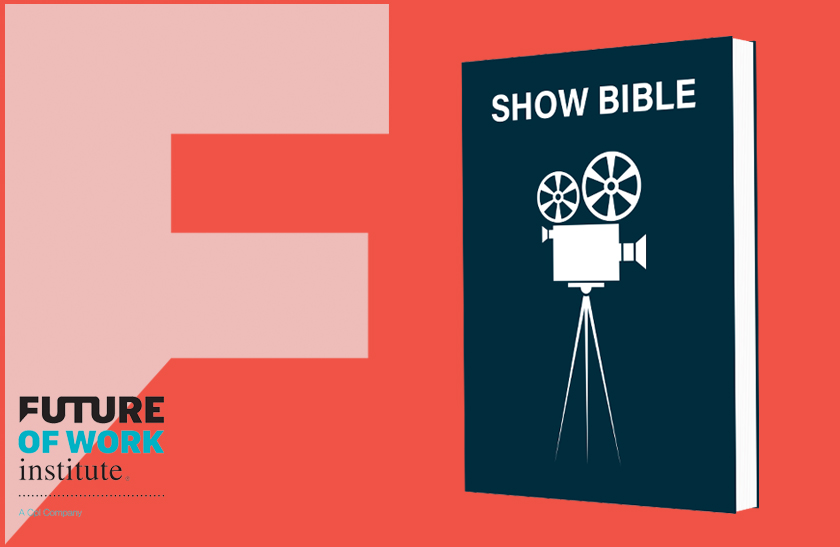According to Guinness World Records, “Yesterday” has the most cover versions of any song ever written. The song remains popular today with more than 1,600 recorded cover versions. Broadcast Music Incorporated (BMI) asserts that it was performed over seven million times in the 20th century alone.
There are many versions of the song - from soul to jazz, to even arias and bluegrass versions. The best of them is the one by Marvin Gaye on his 1970 'That’s The Way Love Is' album, very smooth. Cathy Berberian, the opera singer released an entire album of Beatles songs as arias in 1967 that included ‘Yesterday’. If that wasn't surreal enough, the cover art was drawn by Gerald Scarfe, who famously did the illustrations for Pink Floyd's The Wall.
“What is your version of your future of work story?”
So, what has this got to do with the future of work? There's lots spoken about the FOW out in the ether. But the truly important question business leaders need to ask themselves is - what’s our version? What is our version of your future of work story?
We are constantly amazed at the amount of time we spend defining product, services, and business models - reams of content is written about them, but when it comes to how well defined our current and future story of our working ways we often get blank stares.
If we don’t create our FOW story we run the risk of not owning our direction of travel- letting it happen to us instead of making it happen for us. It is true to say that those who craft their story own their direction.
“Where can we learn about crafting our future of work story?”
Stranger Things is a TV show created by the Duffer brothers. When they were selling the show, they made what’s known in the business as a show bible. A book that gets across the story, structure, and tone of the proposed series. To quote one of the brothers “when we were selling the show, we made a look book that we designed to look like an old Stephen King book”.
Show bibles are generally used to pitch TV shows ad get across the idea behind the show, the structure, and the tone and style. You can see some of the imagery here that in a few key pictures get across an 80’s tone, a sense of the story and the key group of kids that have become the central protagonists in the story.
At the core of any great Show Bible is the logline, one of two sentences that quickly gets across the key story. Loglines, in general, comprise an incident that creates the need for action against some form of antagonist. Now here my question to you, what’s the logline for your version of the FOW story?
There is no doubt that a logline has been ‘ghost written’ for many of us over the last 5 months due to the coronavirus. We have all had to rethink our ways of working due to that inciting incident and we’ve all had to confront full-on distributed working, many companies for the first time, and the associated challenges that this has brought – all whilst still trying to remain relevant and competitive.
But let’s park the enforced story for a moment and I would like you to imagine what your logline might be for your version of the future of work?
All great stories have a villain or number of villains, think Star Wars - Darth Vader, The Emperor! Who or what is the villain in your FOW story? What are you fighting against or trying to stop, or defeat? This is something often missing in the FOW debate for companies. We speak about ramping up remote working but to minimise or defeat what?
Think about some of the antagonists you are fighting against or you need to take action against? These are only a few examples and like the great stories, there are probably fighting against more than one. What is important is to identify them in order to start thinking about the killer logline for the future of work.
“What structural elements do we need to think about for our future of work story?”
This article is an excerpt from the Future of Work Institute Whitepaper by Barry Winkless & Declan Bogan - ‘Future of Work World, Pathways and Perspectives on the Future of Work’. For more information contact [email protected]
